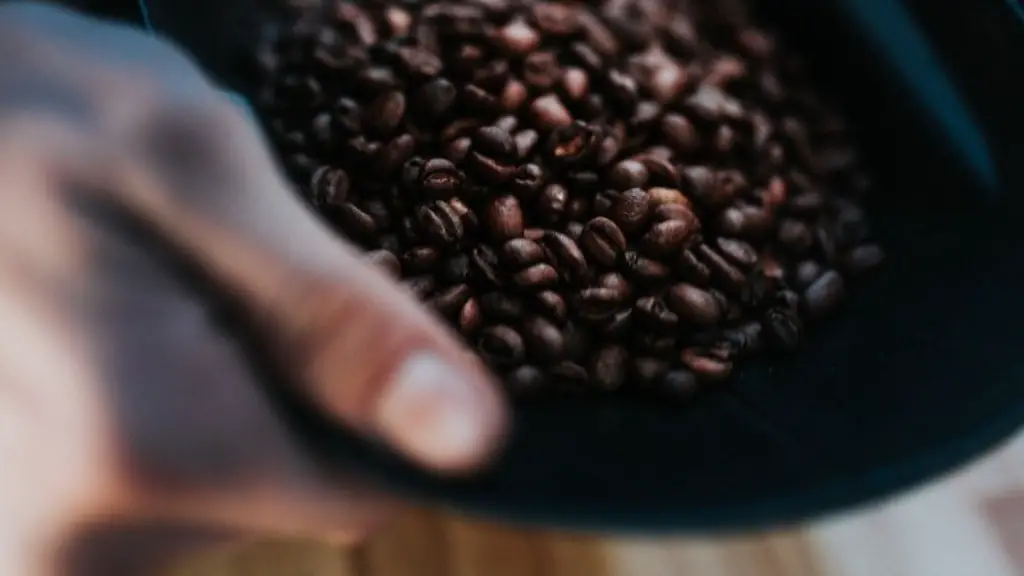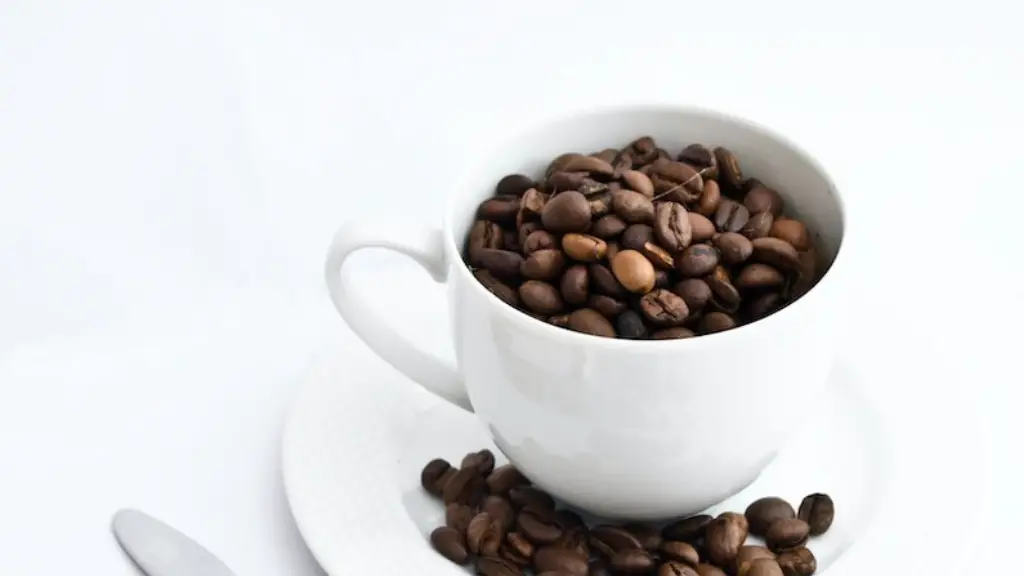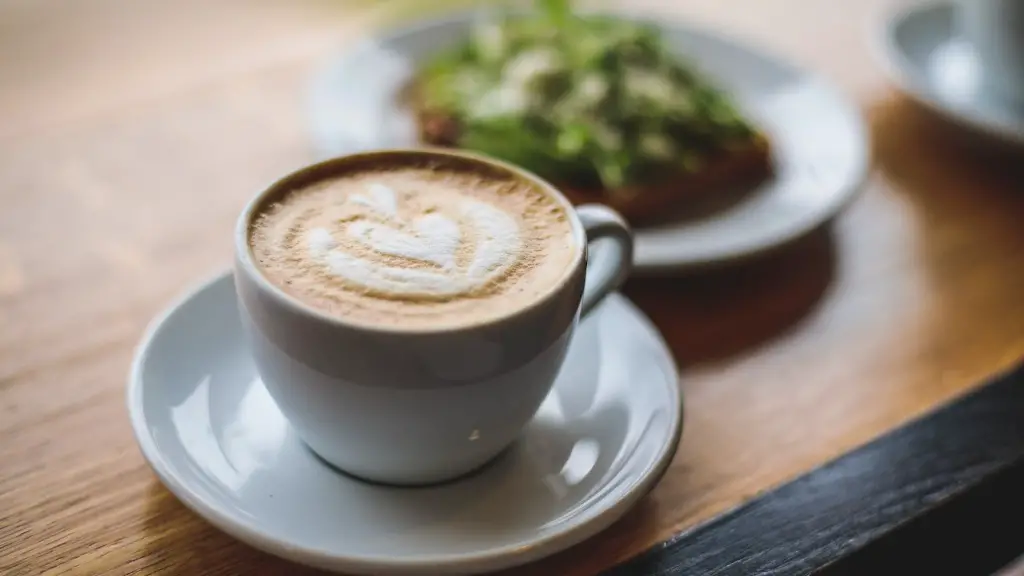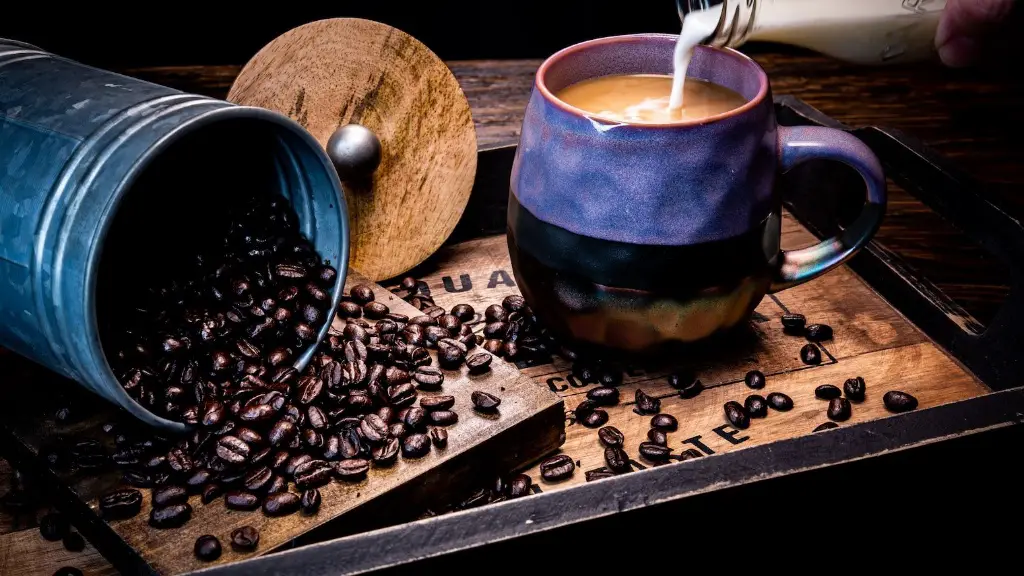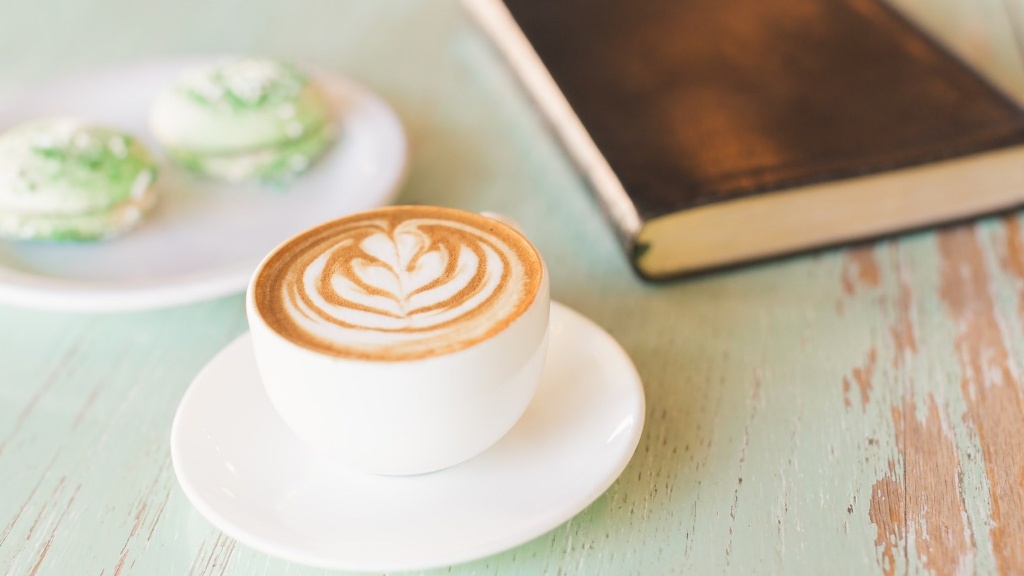Coffee beans are roasted to bring out their natural flavor and then ground to a fine powder. The powder is then added to hot water and brewed to create a delicious cup of coffee.
Flavor is added to coffee beans through a process called cupping. This is where coffee beans are roasted and then ground into a fine powder. The powder is then placed in a cup and water is added. The cup is then left to sit for a few minutes so that the flavors can infuse into the water.
How is coffee naturally flavored?
There are a variety of natural and synthetic flavor agents used in flavored coffees. Natural oils are extracted from sources such as vanilla beans, cocoa beans, and various nuts and berries. Cinnamon, clove, and chicory are also used in a variety of coffee flavors. Synthetic flavor agents are chemicals which are manufactured on a commercial basis.
If you’re a coffee lover, you might want to think twice before indulging in artificially flavored coffee. Although it may taste delicious, it’s likely not doing your body any favors.
Most artificially flavored coffees contain propylene glycol, an ingredient found in antifreeze. Yikes! In addition, many coffee roasters use artificial flavoring to cover up the taste of low-quality Robusta beans, which are highly acidic and bitter.
So, next time you’re craving a flavored coffee, opt for a natural option. your body will thank you!
What makes coffee flavorful
The environment in which a coffee is grown will have the biggest impact on its flavor profile. The climate, soil, and elevation all play a role in the final taste of the coffee. For example, coffees grown in the shade tend to be more mellow and have less acidity than coffees grown in full sun.
Coffee processing also plays a big role in flavor. The two main methods are natural processing and washed processing. Natural processing results in a coffee with more body and sweetness, while washed coffees are typically brighter and more clean-tasting.
The roast profile of a coffee also has a significant impact on its flavor. Lighter roasts tend to be more fruity and acidic, while darker roasts are more chocolatey and rich.
Finally, how the coffee is brewed also contributes to its flavor. Different brewing methods will extract different flavors from the coffee beans. For example, espresso is a very concentrated coffee that is brewed under high pressure, resulting in a coffee with lots of body and a strong flavor.
Flavored coffee can be bad for your health because most of the flavors use a chemical solvent carrier named propylene glycol. A typical liquid flavor may contain as much as 85% propylene glycol. In recent years, there is a growing concern over the health dangers that these chemicals could cause.
Is Starbucks coffee artificially flavored?
Our flavored coffees are crafted without the use of artificial flavors, so they stand out from the rest. From vanilla and chocolate to hazelnut and tiramisu, our coffees are sure to please.
Flavored coffee beans are enhanced with natural or synthetic flavor oils to create a more robust and enjoyable cup of coffee. These oils are added during the roasting process and help to bring out the final taste of the coffee. Many of these natural flavors are extracted from vanilla, cocoa beans, nuts or berries and can really add to the overall flavor of the coffee.
Do flavored coffee beans have sugar in them?
No, flavored coffee does not have sugar. The flavor comes from extracts, so you’re only getting the flavor and not the sugar. If a syrup or milk has been added after brewing, then the coffee will have sugar.
Caffeine is a stimulant that is found in many plants. The term Synthetic Caffeine is used for caffeine that is produced artificially. Synthetic Caffeine is found in some sodas and energy drinks. It is also used as a ingredient in some medications.
How do coffee shops make their coffee taste so good
If you want a great cup of coffee, go to a coffee shop that uses fresh, high-quality beans. The fresher the beans, the better the coffee will taste.
they heat up faster because they’re working that much harder to get the job done, and heat can negatively impact flavor before the water even touches the grounds.
Why does some coffee taste better than others?
The coffee bean is a humble ingredient that has a huge impact on the flavor of coffee. The coffee bean is actually a seed of the coffee plant, and the flavor of the coffee depends on a variety of factors, including the variety of coffee plant, the growing conditions, and how the coffee bean is roasted.
Each growing region on the planet has different conditions that impact the flavor of the coffee bean. For example, coffee beans grown in Africa tend to be more fruity, while coffee beans grown in South America tend to be more chocolatey.
The science of coffee is actually quite complex, and there is still much to learn about this humble ingredient. But one thing is for sure, the origin of the coffee bean plays a huge role in the flavor of the coffee.
The verdict is that Arabica dark roast is the healthiest coffee for people who want to limit caffeine without drinking decaf. This is because the dark roast has less caffeine than the lighter roasts.
What is the healthiest thing to put in your coffee
Adding certain ingredients to your coffee can have some great health benefits. Here are 9 healthy add-ins to try:
1. Unsweetened cocoa powder – great for chocolate lovers and full of antioxidants
2. Coconut oil – a source of healthy fats, perfect for ketogenic dieters
3. Ghee – known for its anti-inflammatory properties
4. Vanilla extract – not only adds great flavor, but also contains antioxidants
5. Collagen protein powder – a great way to boost protein intake
6. Turmeric – a powerful anti-inflammatory spice
7. Lion’s mane mushroom – said to improve cognitive function
8. Maca – a superfood that has many benefits, including improved energy levels
9. Cinnamon – can help regulate blood sugar levels
Adding spices to your coffee grounds is easy, simple and nearly calorie-free! Spices such as cardamom, ginger, cinnamon and nutmeg can be sprinkled directly over the fresh grounds in your brewer As hot water is filtered through the grounds, the flavor of the spices will be extracted into your cup. This is a great way to enjoy a delicious and flavor-packed cup of coffee without having to add any sugar or other calorie-dense ingredients.
Is coffee flavor real coffee?
Flavored coffee is a popular, but controversial, coffee choice. Many people enjoy the added flavors, but some feel that they mask the taste of the coffee itself.
Critics also argue that flavored coffees are made with cheaper, lower quality beans. And, because the beans are often sprayed with synthetic flavoring, there can be an oily residue left behind.
If you’re a fan of flavored coffee, just be aware of the potential downsides before you brew.
Hazelnut coffee is a popular choice for coffee drinkers looking for a flavorful cup of coffee. The hazelnut flavor is added to coffee beans that have been low quality, meaning that the beans have many defects or have been aged for a long time. This can make the coffee taste harsh, but the added flavor of hazelnut can make it more palatable.
What makes Starbucks coffee taste different
Starbucks coffee is roasted slowly to bring out a more complex flavor. The beans are also ground much finer, resulting in a stronger taste. These factors set Starbucks coffee apart from other brands.
Technology has given us the ability to infuse coffee beans with many different flavors. Flavored beans fall into four main categories: chocolate, nutty, spice, or fruit-based. Sometimes you can combine the flavors, like chocolate hazelnut or vanilla coconut. Others include caramel, hazelnut, rum, pumpkin, and peppermint. This allow us to have a wider variety of flavors to choose from when we drink coffee.
Conclusion
Flavor is added to coffee beans during the roasting process. At high temperatures, the coffee beans begin to caramelize, which brings out their natural sweetness and creates new flavors.
Flavor is added to coffee beans in a number of ways. First, the bean itself will impart some of its natural flavor to the coffee. Then, the roasting process can also affect the flavor of the coffee. Finally, any additional flavorings that are added to the coffee (such as sugar, milk, or flavorings) will also affect the flavor of the coffee.
